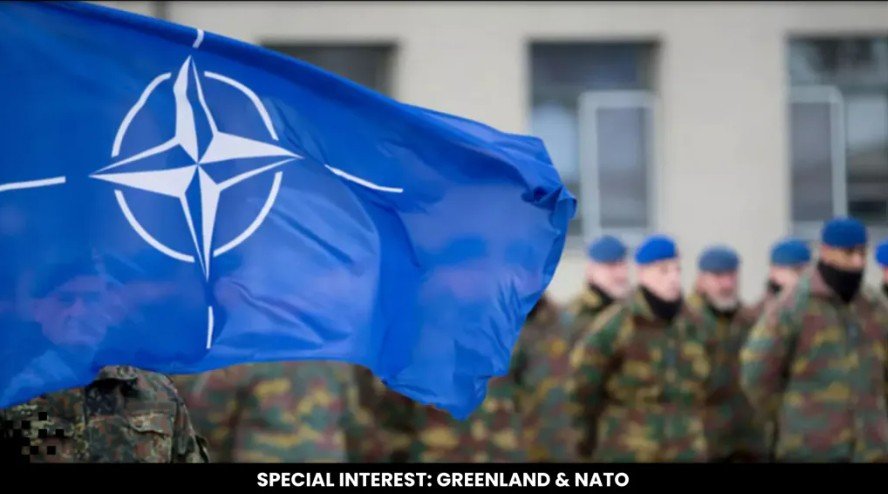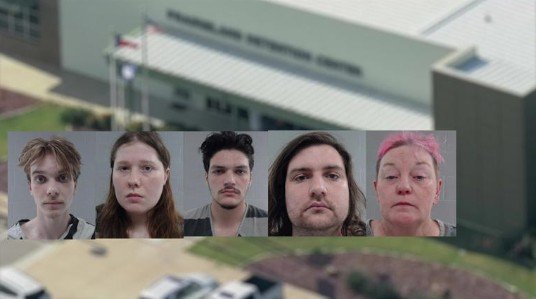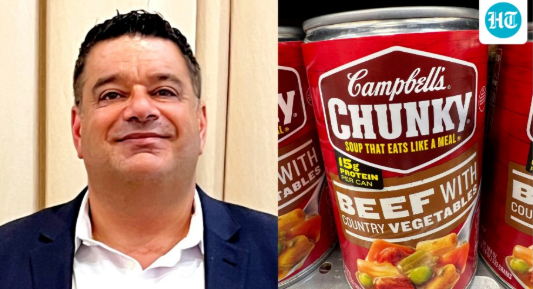-
ICE arrested Mahmoud Khalil over alleged Hamas ties; a judge blocked his deportation.
-
Khalils case ties to Trump’s immigration crackdown and Columbia’s funding cuts.
Mahmoud Khalil surged as a trending topic, driven by his arrest by U.S. Immigration and Customs Enforcement (ICE) on March 8, 2025, and the ensuing controversy. Khalil, a Palestinian activist and recent Columbia University graduate, was detained under President Donald Trump’s executive orders targeting antisemitism, with the Department of Homeland Security (DHS) alleging he “led activities aligned to Hamas,” a designated terrorist organization. We’ll examine Khalil’s background, the medias reaction, and the wider implications as they stand today.
The Arrest
The story began on March 8, 2025, when ICE agents arrested Khalil at his university-owned apartment in New York City. The detention occurred in front of his eight-months-pregnant American wife, who was reportedly warned she could also face arrest. Initially taken to a facility in New Jersey, Khalil was transferred to the Central Louisiana ICE Processing Center in Jena, over 1,000 miles away, a move that has raised logistical challenges for his legal team and family. The arrest followed the revocation of his green card, with DHS citing alleged ties to Hamas as the basis, acting under Trump’s executive orders aimed at addressing antisemitism on college campuses.
Khalil’s attorney, Amy Greer, has challenged the arrest, arguing that as a legal permanent resident, not a visa holder, Khalil’s detention lacks a specified criminal charge. On March 10, U.S. District Judge Jesse Furman in New York issued a temporary injunction blocking Khalil’s deportation, scheduling a hearing for March 12 to review a habeas corpus petition.
Who is Mahmoud Khalil?
Mahmoud Khalil, 29, is a Syrian-born Palestinian who gained attention as an activist in the U.S. He graduated from Columbia University’s School of International and Public Affairs with a master’s degree in December 2024. Khalil became a notable figure during the 2024 Gaza Solidarity Encampment protests at Columbia, where students set up tents to protest Israel’s military operations in Gaza following Hamas’s October 7, 2023, attack. As a negotiator with university officials, he stood out among protest leaders, many of whom remained anonymous.
Before his arrest, Khalil faced disciplinary action from Columbia for allegedly violating a harassment policy by referring to an official as a “genocidal dean.” His activism centers on advocating for Palestinian rights, a position he has tied to his background as a Palestinian refugee. His status as a legal permanent U.S. resident and his public role in the protests have made him a focal point in the current controversy.
Policy Context
Khalil’s arrest ties into recent actions by the Trump administration, which began its second term in January 2025. On March 7, the administration withdrew $400 million in federal grants from Columbia, citing the university’s handling of the 2024 protests and alleged antisemitism. Trump’s executive orders, first enacted in his initial term and expanded in 2025, allow for visa and green card revocations for individuals deemed to support groups like Hamas. On March 10, Trump posted on Truth Social, calling Khalil’s arrest “the first of many,” signaling a broader enforcement effort. Secretary of State Marco Rubio has echoed this, pledging to target “Hamas supporters” with immigration actions.
Sentiment
The reaction to “Mahmoud Khalil” is sharply divided. Some support the arrest, pointing to Khalil’s leadership in the 2024 Columbia protests as evidence of concerning behavior. Posts allege he promoted violence or expressed support for Hamas, though specific evidence remains under debate. These perspectives often align with views emphasizing national security and backing Israel, with some citing Trump’s policies as a necessary response to campus unrest.
Others question the arrest’s basis and execution. They note Khalil’s status as a permanent resident and the timing, amid a broader crackdown on protest-related activities, as factors driving skepticism. Protests in New York City on March 10 demanded his release, and a petition supporting him has neared 800,000 signatures, reflecting significant public engagement.
The Anti-Defamation League (ADL) has endorsed the arrest, linking it to efforts to curb antisemitism, while groups like the American Civil Liberties Union (ACLU) and the Council on American-Islamic Relations (CAIR) have raised concerns about potential overreach, pointing to free speech implications.
Broader Implications
Khalil’s case has amplified discussions on several fronts. It underscores the Trump administration’s focus on immigration enforcement as a tool against perceived security threats, particularly tied to Middle East conflicts. The arrest also reignites debates about the 2024 campus protests, which saw over 3,000 arrests nationwide, and their lingering impact on policy. Columbia’s loss of funding and Khalil’s detention signal a shift toward stricter oversight of universities, a move Trump has framed as protecting American values.
Final Thoughts
Mahmoud Khalil has crystallized a clash of principles, security versus rights, policy versus protest, that resonates deeply in today’s political climate. From his role in Columbia’s 2024 protests to his detention under Trump’s antisemitism orders, Khalil’s case has sparked a polarized response whether to be viewed as a justified security measure or a contentious overstep.




